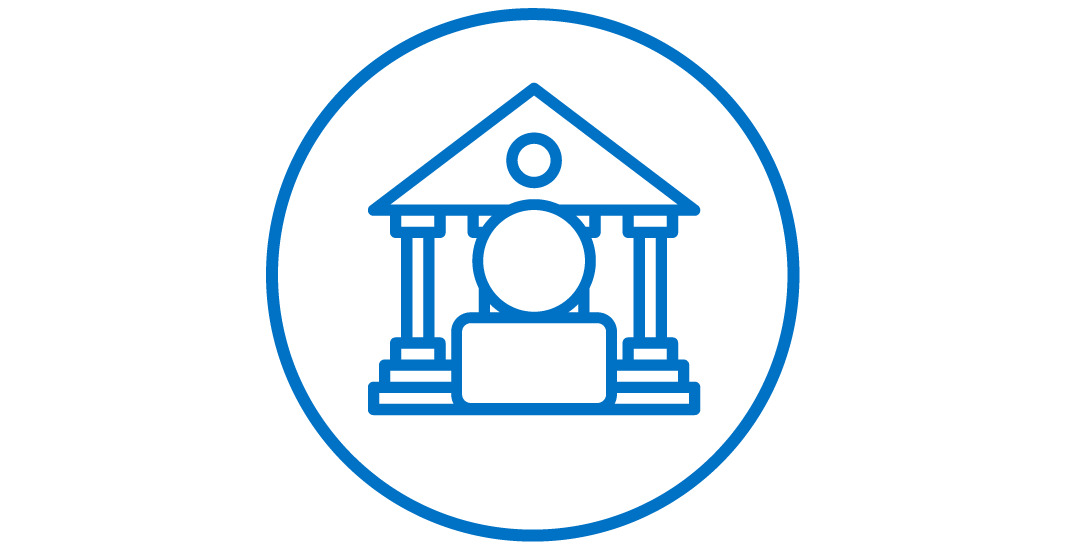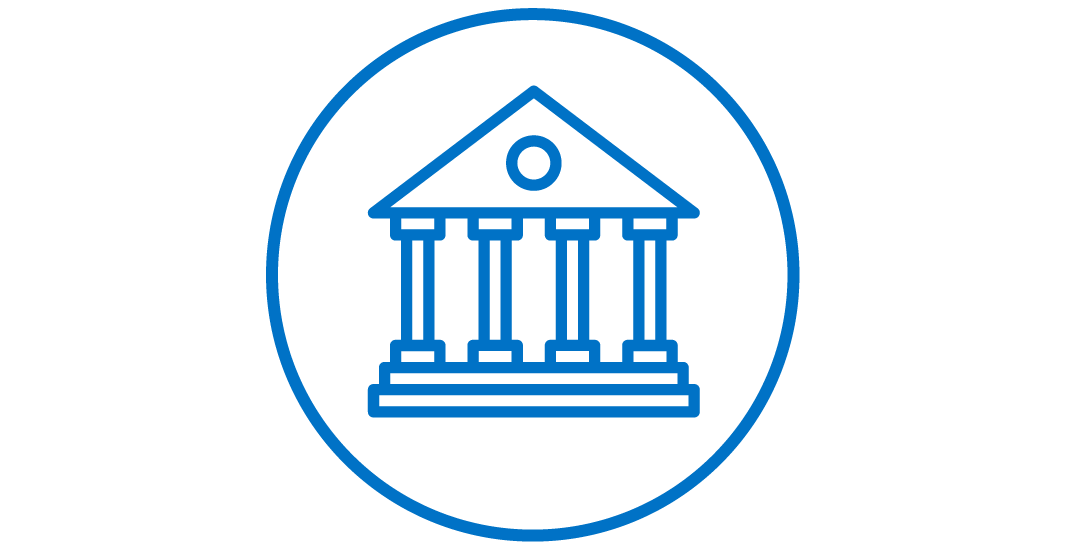It’s 2019, and Americans are more burdened by student loan debt than ever.
Among the Class of 2018, 69% of college students took out student loans, and they graduated with an average debt of $29,800, including both private and federal debt.
You’ve probably heard another scary statistic: Americans owe over $1.56 trillion in student loan debt, spread out among about 45 million borrowers. That’s about $521 billion more than the total U.S. credit card debt.
“Student loans, housing costs, and plenty of other living expenses come fast and furious after graduation, so it’s extremely important to start off on the right track with positive financial habits,” said Corey Carlisle, executive director of the ABA Foundation. “We can’t stress enough how vital it is to plan for the future.”
in response to these debt statistics, the American Banker’s Association (ABA) and Waterford Bank, N.A. have highlighted six traps new college graduates should avoid to position themselves for financial success as they transition from the dorm room to the office.
According to the ABA, new college graduates should avoid the following financial traps:
- Not having a budget. Simply put, don’t spend more than you make. Calculate the amount of money you’re taking home after taxes, then figure out how much money you can afford to spend each month while contributing to your savings. Be sure to factor in recurring expenses such as student loans, monthly rent, utilities, groceries, transportation expenses and car loans.
- Racking up debt. Understand the responsibilities and benefits of credit. Shop around for a card that best suits your needs, and spend only what you can afford to pay back. Credit is a great tool, but only if you use it responsibly and live within your means.
- Not thinking about the future. It may seem odd since you’re just beginning your career, but now is the best time to start planning for your retirement. Contribute to your employer’s 401(k) or similar account, especially if there is a company match. Invest enough to qualify for your company’s full match – it’s free money.
- Thinking you’re invincible. Hardships can happen in a split second. Start an emergency fund and do your best to set aside the equivalent of three to six months worth of living expenses. Start saving immediately, no matter how small the amount. Make saving a part of your lifestyle with automatic payroll deductions or automatic transfers from checking to savings.
- Putting off paying bills. Each missed payment can hurt your credit history for up to seven years and can affect your ability to get loans, the interest rates you pay and your ability to get a job or rent an apartment. Consider setting up automatic payments for regular expenses like student loans, car payments and phone bills. Regardless of whether you take advantage of automatic monthly payments, arranging to receive notifications about upcoming bills can be helpful.
- Ignoring free help from your bank. Many banks offer online, mobile and text banking tools to manage your account night and day. Use these tools to check balances, pay bills, deposit checks, monitor transaction history and track budgets. ?
“This stage of a grad’s life is all about laying a strong foundation for growth—and that includes their finances,” said Mike Miller, CEO and Chairman of Waterford Bank, N.A. “We congratulate the graduating class of 2019 and offer our experienced team’s assistance in helping them achieve a prosperous financial future.”
At Waterford Bank, N.A. we are invested in helping our customers achieve their individual ideas of financial success. From personal account management to growing a business and beyond, our team is home to decades of financial experience. If you have questions about financial products or any other banking needs, contact us here.


